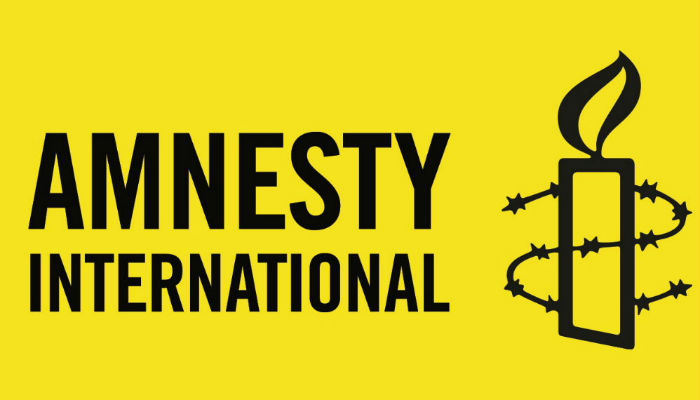Devastating earthquakes have led to a worsening of the human rights situation in both Syria and Turkey by exacerbating pre-existing vulnerabilities, Amnesty International said on Thursday in a new publication outlining human rights concerns and obligations of the authorities, the Stockholm Center for Freedom reported.
The new publication, “Syria/Türkiye: A Human Rights Response to the February Earthquakes,” details human rights issues in both countries with reference to principles of international law.
“In times of crisis, it is vital that human rights protections are at the heart of the response. It is essential that authorities in each country ensure that humanitarian assistance is delivered effectively and fairly and uphold all international human rights standards,” Nils Muižnieks, Amnesty International’s Europe director, said.
A 7.8-magnitude earthquake that struck near the Turkish city of Gaziantep – home to around 2 million people and on the border with Syria – as people were sleeping on February 6 was followed by dozens of aftershocks, including a 7.5-magnitude temblor that jolted the region in the middle of search and rescue efforts the same day.
The Turkish government declared a state of emergency in the 11 provinces affected by the earthquake.
Following the earthquakes, unverified videos showing people in uniform attacking civilians who were suspected of looting damaged buildings made the rounds on social media, sparking outrage.
Most recently, Ahmet Güreşçi died in custody after he and his brother Sabri allegedly looted a liquor store in the southern Turkish province of Hatay, where the devastating earthquakes hit the hardest.
Güreşçi was allegedly beaten to death by members of the Altınözü gendarmerie unit. His brother, Sabri, who was also detained and reportedly subjected to maltreatment, is still recovering. Three gendarmes who are accused of beating Ahmet Güreşçi to death have been suspended from duty.
Journalists who are reporting on the shortcomings of the government’s earthquake response are facing immense pressure. Turkey’s media watchdog on Wednesday penalized, through fines and broadcasting bans, three TV stations due to their reporting critical of the government’s post-quake response.
